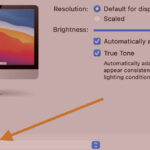Electronics Unveiled: Navigating The Wired World
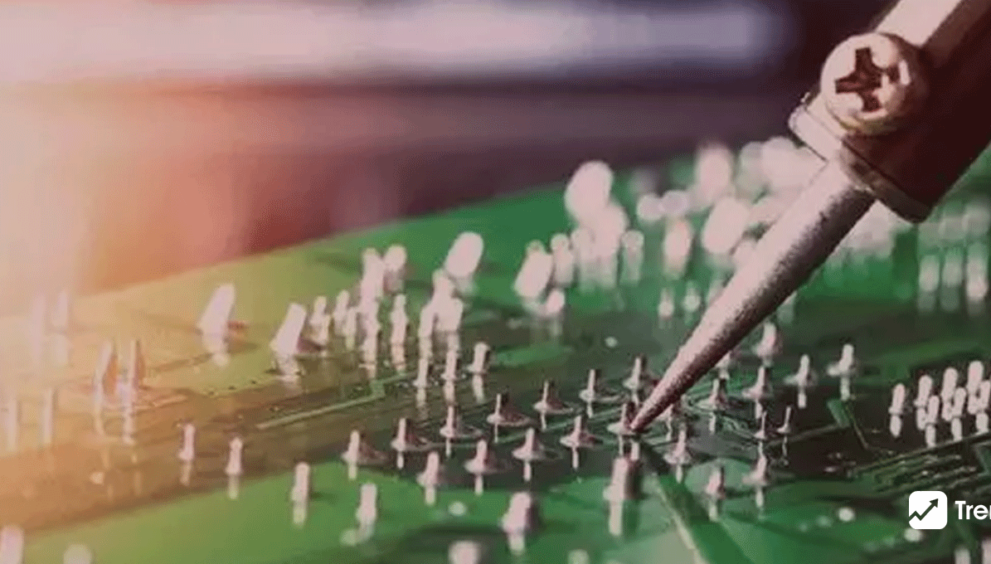
One of the greatest technological advances of the human period has been the transistor and its use, with semiconductors, in general, following in its footsteps. “Wired Wisdom” investigates the complex and constantly changing world of electronics, providing information and ideas that can help people, businesses, and society at large. It’s a subject that acknowledges the value of electronics in the contemporary world and shows the fascinating advancements that are influencing our technological future.
Electronics are all around us in today’s tech-driven world, from the gadgets we carry in our pockets to the systems that run our cities. Electronics are the unseen forces that influence our interactions, entertainment, and advancements in today’s world. The topic “Wired Wisdom” explores this intricate web, tying together transistors, circuits, and microprocessors. From the development of the transistor to the emergence of the Internet of Things (IoT) and beyond, we examine the evolution of electronics. Ambitious research and development teams are concentrating their efforts on more efficient ways to produce, store, and consume electrical resources. The industry has made significant advancements over the past year and shows no signs of slowing down. Many areas of this sector are changing, including communications, wellness, energy efficiency, entertainment, education, and multimedia.
Intricate And Ever-Evolving World Of Electronics
Emerging Technologies: The electronics industry is always changing. Artificial intelligence (AI), the Internet of Things (IoT), and quantum computing are examples of emerging technologies that are altering industries and pushing the envelope of what is possible.
Digital Electronics:
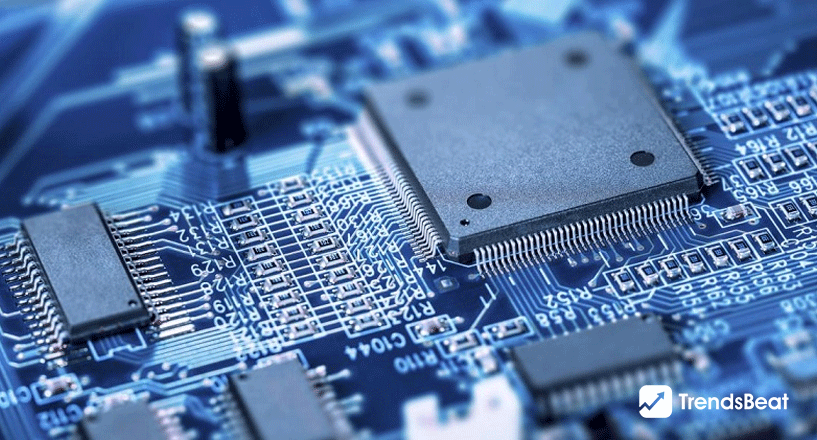
The brains of contemporary computing and communication systems are digital electronics. Information is represented as combinations of 0s and 1s in binary logic, which is the subject of this article. Digital systems’ main building blocks include microprocessors, memory chips, and digital signal processors. They make it possible to perform operations like arithmetic calculations, data storage, and retrieval.
AI Automation: Electronics play a crucial part in the fields of robotics and automation. Robots can sense their surroundings, make decisions, and complete tasks on their own thanks to sensors, microcontrollers, and actuators, which are all electronic components.
Consumer Electronics: A sizable segment of the electronics industry, consumer electronics includes gadgets like smartphones, televisions, gaming systems, and wearable technology. Innovation and consumer demand are driving the continued rapid evolution of these items.
Electronics for Wireless & Communication:
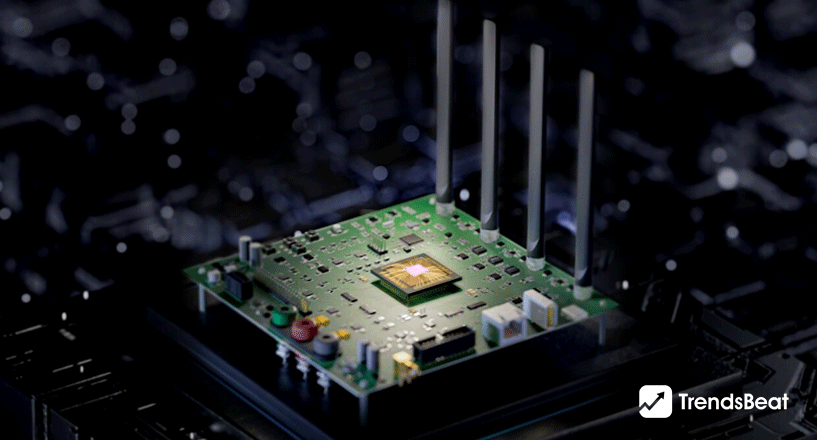
Electronics like antennas, modems, and transceivers are necessary for wireless communication. Cellular networks, Wi-Fi, and Bluetooth are just a few of the technologies included in the area that make it possible to communicate and transfer data easily around the world.
Digital vs. Analog: Electronics can be divided into digital and analog systems in general terms. Analog electronics deals with continuous signals, whereas digital electronics processes information as discrete binary values (0s and 1s). In the realm of electronics, knowing the difference between these two is essential.
Basis of Modern Technology: Electronics are almost the sole component of modern technology, which serves as its foundation. Electronics are an essential part of our daily life, from cell phones and computers to medical equipment and transportation systems.
Revolution: Electronics has a long and fascinating history, which is significant historically. It features significant discoveries like the transistor, which transformed the field, and the advancement of integrated circuits, which helped usher in the digital age.
Innovation: Electronics have a significant impact on a wide range of businesses, from transportation and entertainment to healthcare and communications. To remain informed and make wise judgments across a range of industries, it is essential to understand the most recent electronic developments and trends.
Sustainability: Given the importance of electronics in contemporary life, the industry is placing more and more focus on ecologically friendly procedures. This includes creating energy-efficient devices and recycling electronic garbage (e-waste).
Prospects for Education and Employment: There are many educational and employment prospects in the field of electronics. Electrical engineering, computer science, and other related degrees are available for students, and professionals can work in a variety of industries such as manufacturing, research, and development.
Final Thoughts:
In summary, the field of electronics is dynamic and varied and shapes our contemporary world. Electronics are the foundation of the technology-driven civilization we live in today, from the smallest microchip to the greatest communication networks. In addition to being crucial for technological literacy, having a solid understanding of electronics can lead to intriguing employment prospects and game-changing inventions.




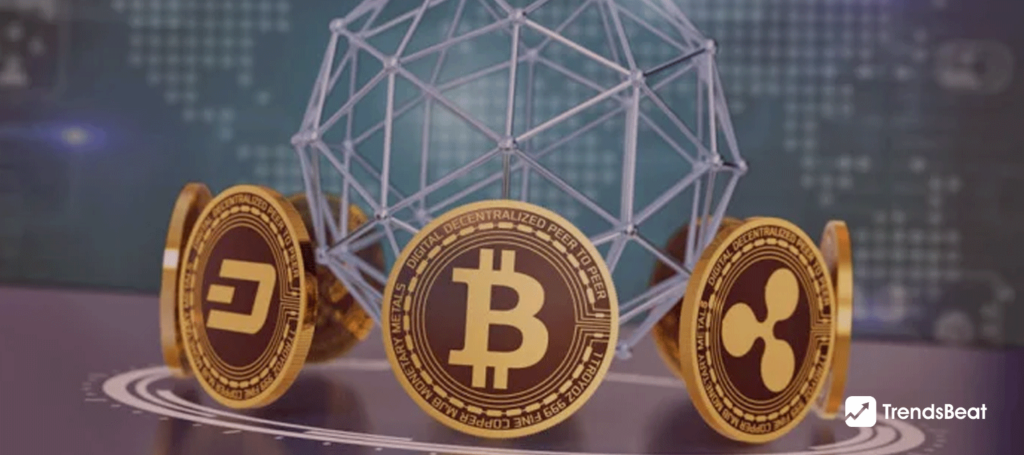


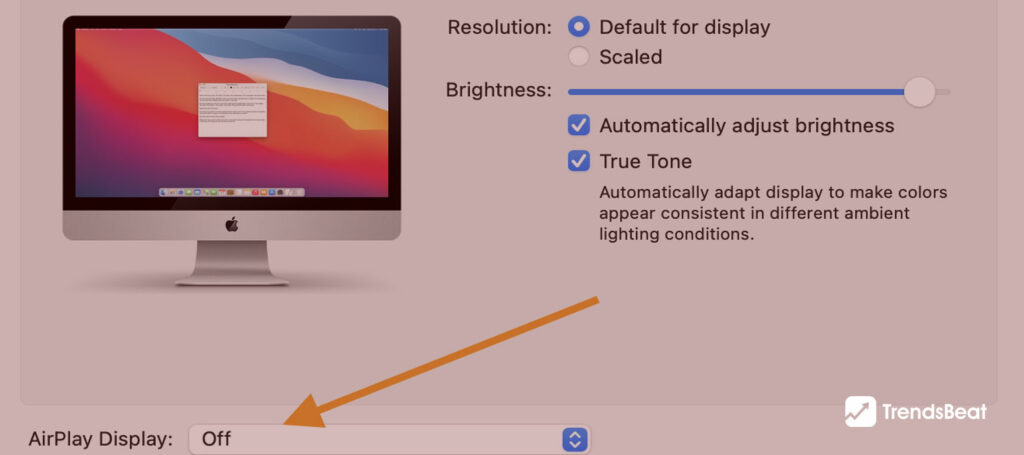
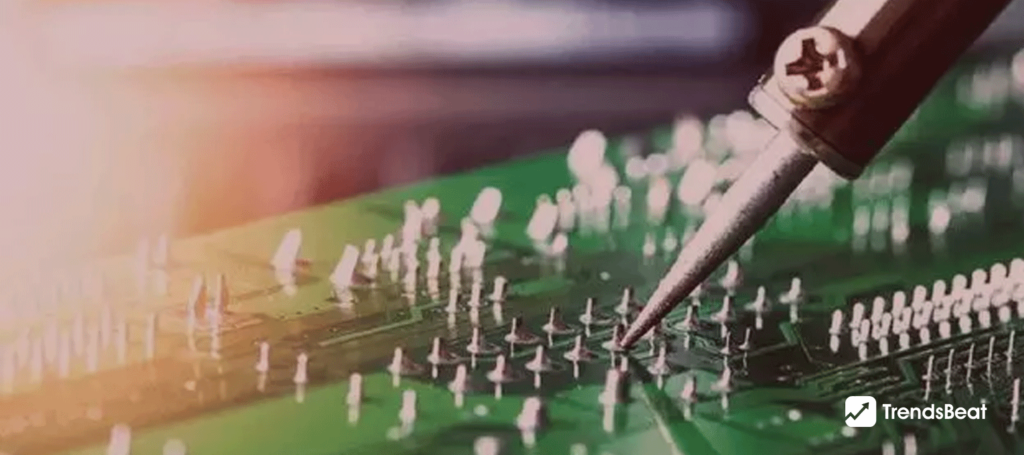













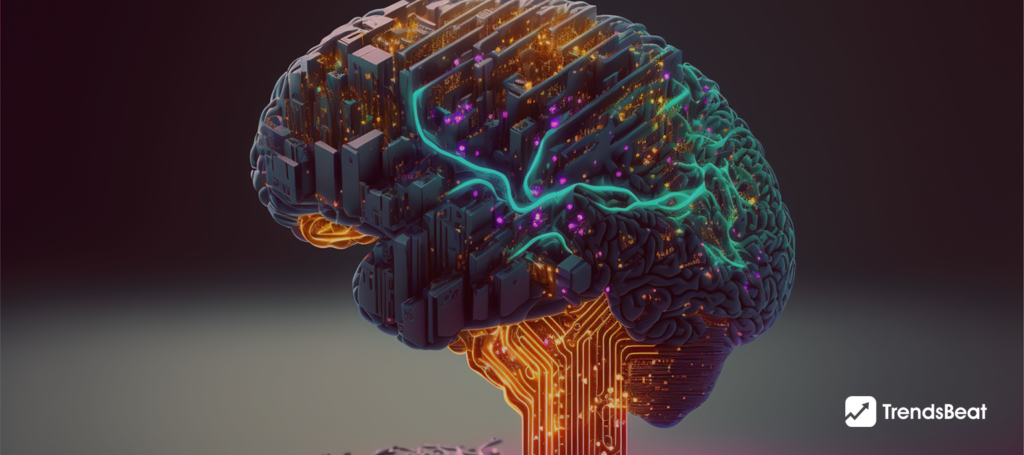


















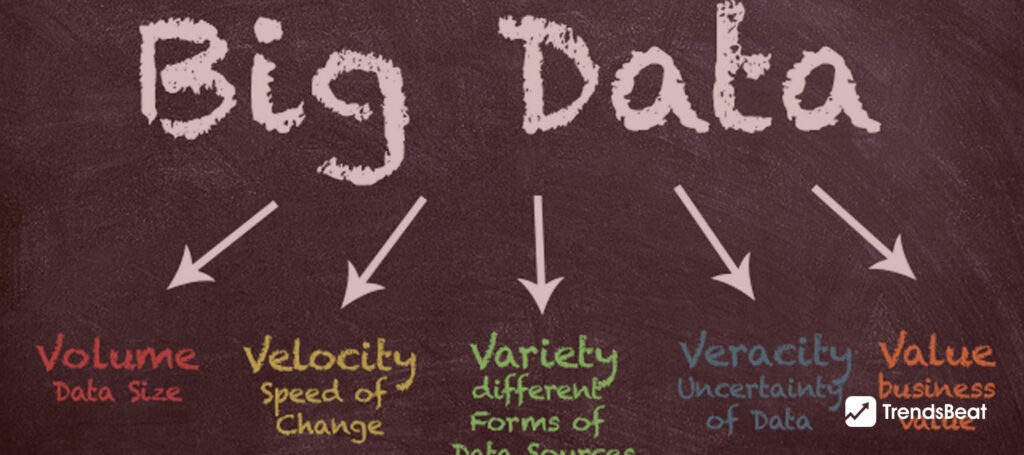































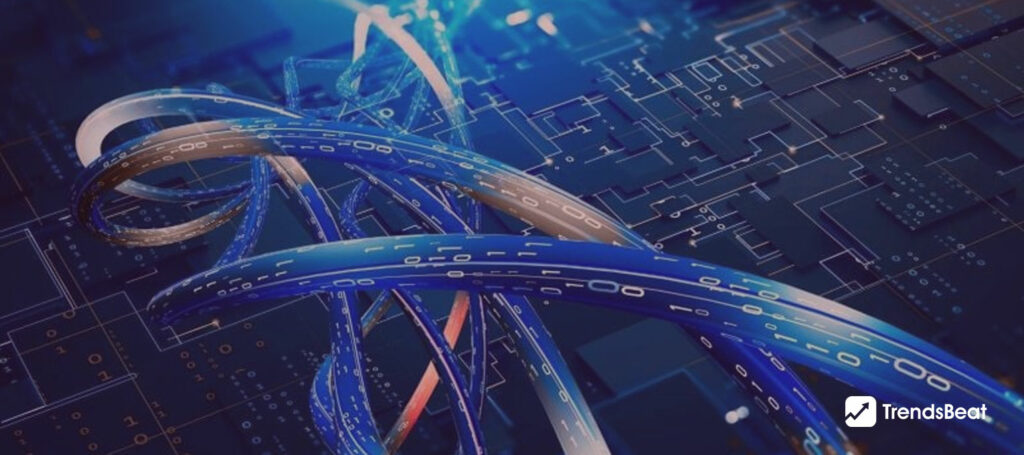





![Essential-Cybersecurity-Tips-for-Small-Businesses-[Protect-Your-Data]-TrendsBeat](https://trendsbeat.com/wp-content/uploads/2023/05/Essential-Cybersecurity-Tips-for-Small-Businesses-Protect-Your-Data-feature-image-template-1024x455.jpg)


















![Top Fitness Trends & Workout Routines to Follow [Stay Fit, Stay Healthy]](https://trendsbeat.com/wp-content/uploads/2023/04/feature-image-Top-Fitness-Trends-Workout-Routines-to-Follow-Stay-Fit-Stay-Healthy-1024x455.jpg)










![[Weight Loss Medication Health Effects] Side Effects and Best Advice](https://trendsbeat.com/wp-content/uploads/2023/04/feature-image-Weight-Loss-Medication-Health-Effects-Side-Effects-and-Best-Advice-1024x455.jpg)



